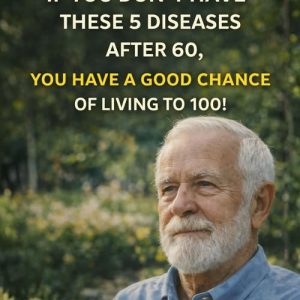Oral cancer is a serious disease that can affect the lips, tongue, gums, inner cheeks, and floor of the mouth. Early detection is vital, as the condition often begins without pain and may go unnoticed until it advances. Regular dental or medical check-ups at least twice a year greatly improve the chances of spotting it early.
Mouth cancer occurs when abnormal cells in the oral cavity grow uncontrollably. It can appear as lip cancer from sun exposure or tobacco, tongue cancer marked by persistent ulcers, inner cheek cancer as patches or sores, gum cancer resembling gum disease, or cancer beneath the tongue, which is often detected late.
Early signs may be subtle. Persistent sores that don’t heal, white or red patches, unexplained lumps, or numbness should raise concern. Difficulty chewing, swallowing, or speaking, sudden loose teeth, and ongoing bad breath are also red flags that need professional attention.
Several risk factors raise the likelihood of oral cancer. Tobacco in any form, heavy alcohol use, prolonged sun exposure, HPV infection, poor oral hygiene, ill-fitting dentures, and family history of cancer all increase vulnerability. Strengthening immunity and avoiding irritants can help lower risks.
Like other cancers, oral cancer develops in stages. Stage 0 is localized abnormal cells, Stage I small tumors under 2 cm, and Stage II tumors up to 4 cm without spread. Stage III involves larger tumors or single lymph node spread, while Stage IV signals deeper tissue invasion or distant spread.
Dentists often detect oral cancer early during routine exams. Unusual patches, growths, or ulcers are frequently discovered accidentally, highlighting the importance of biannual dental visits, especially for high-risk individuals.
Prevention plays a central role. Quitting tobacco, limiting alcohol, practicing sun protection, eating antioxidant-rich foods, and maintaining oral hygiene are essential steps. HPV vaccination is also recommended.
Oral cancer often develops silently. By prioritizing prevention, regular screenings, and prompt evaluation of symptoms, the chances of survival increase dramatically. Awareness and vigilance can save lives and reduce suffering.





